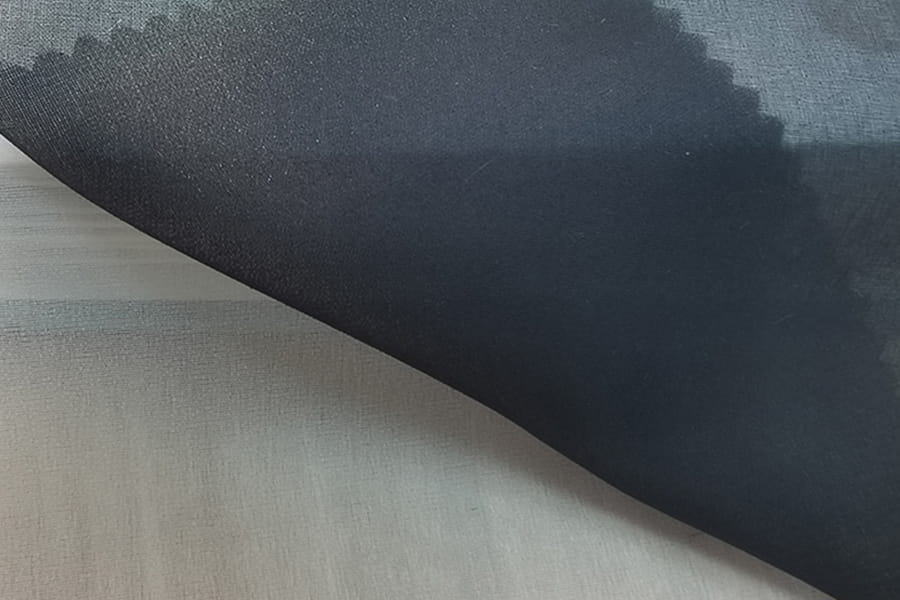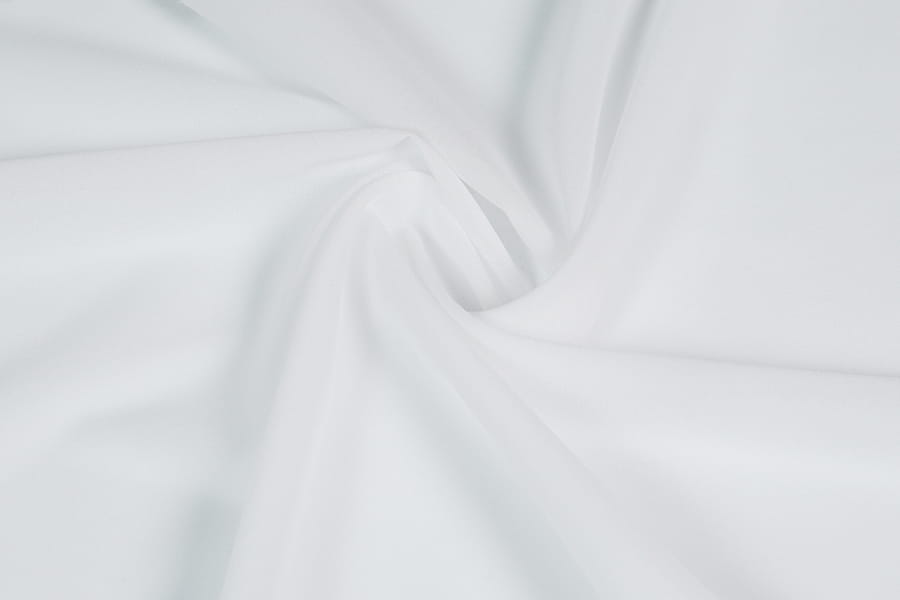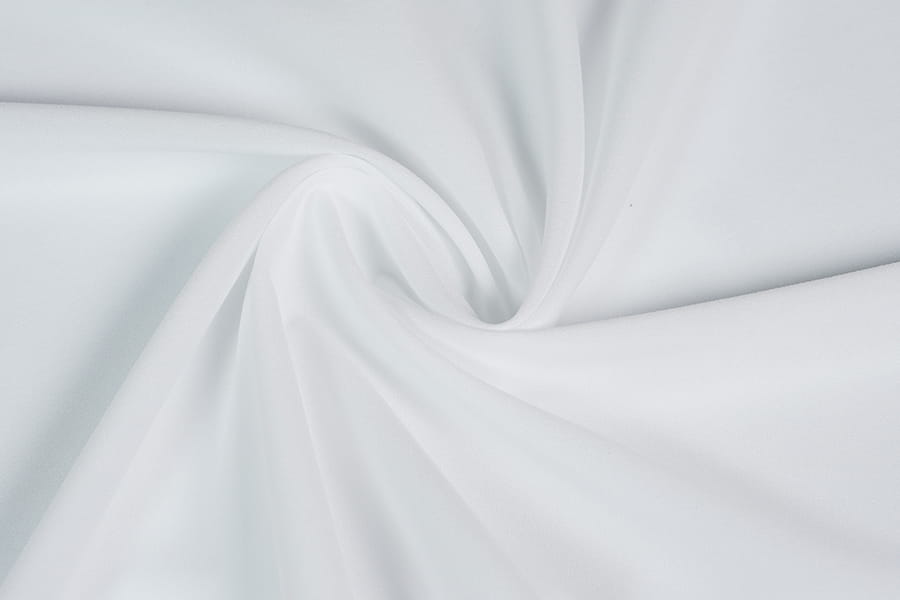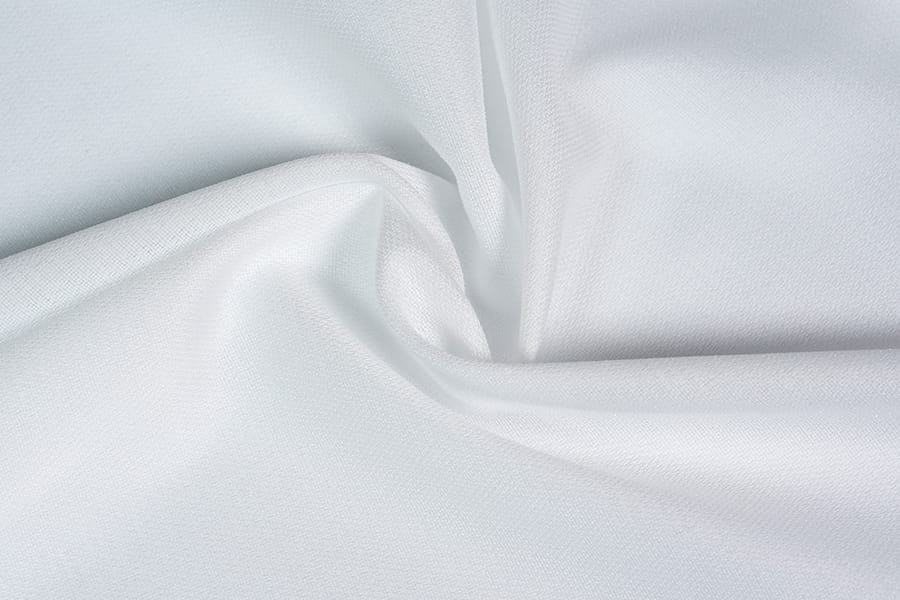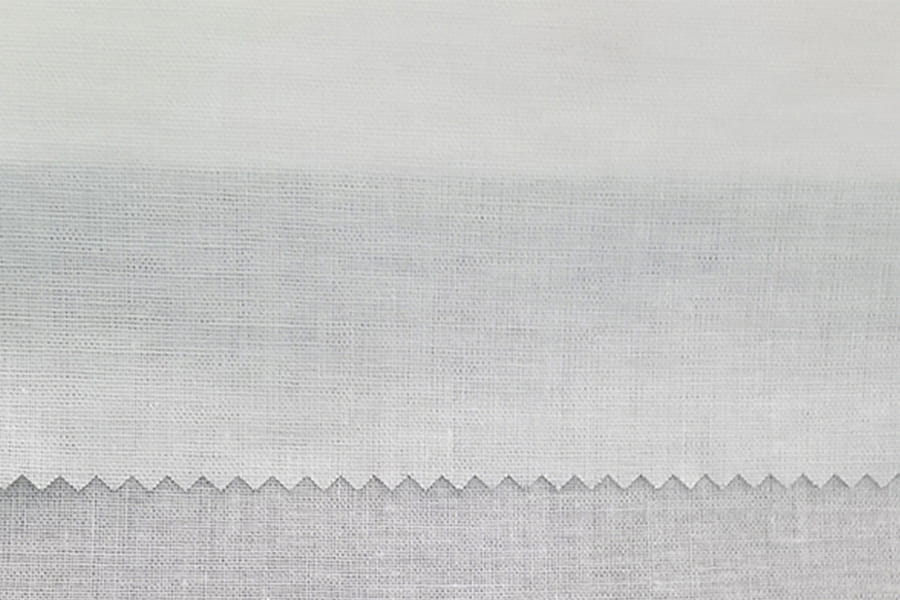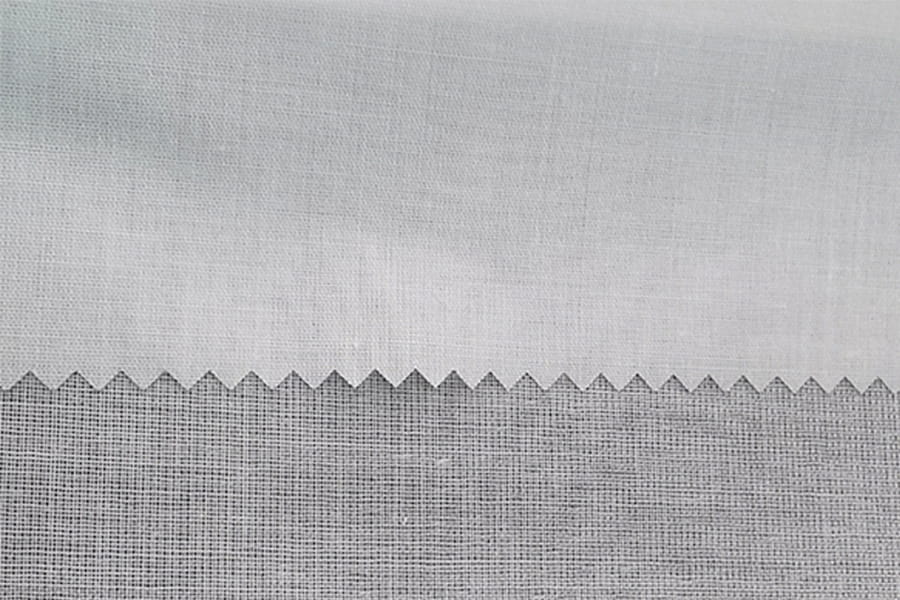In the high-stakes world of athletic apparel, where performance and comfort can make or break a brand, polyester knitted fabric has emerged as the undisputed champion. From global sportswear giants to boutique activewear labels, designers consistently turn to this versatile textile as their foundation for high-performance gear. At the core of polyester's supremacy is its exceptional moisture management system. Unlike natural fibers that absorb perspiration, polyester's hydrophobic nature actively repels water while simultaneously wicking moisture away from the skin through capillary action. This dual mechanism creates a microclimate where sweat is rapidly transported to the fabric's surface and evaporated, keeping athletes dry even during the most grueling workouts. Advanced knitting techniques amplify this effect by creating three-dimensional structures within the fabric that enhance airflow and accelerate drying times. When compared to cotton—which can retain up to 27 times its weight in water—polyester's near-instant drying capability gives it an undeniable edge in performance wear.
The engineering behind modern polyester knits extends far beyond basic moisture control. Contemporary manufacturing processes allow for precise control over the fabric's porosity and elasticity. Through innovative knitting patterns, manufacturers can create zones of varying stretch and breathability within a single garment—strategically placing reinforced areas where durability is needed while maintaining ultra-lightweight flexibility in motion zones. This technical precision enables the creation of compression gear that provides muscle support without restricting movement, or running shirts that offer targeted ventilation exactly where athletes need it most. The result is apparel that moves with the body rather than against it, reducing fatigue and enhancing performance.
Durability represents another arena where polyester knits outshine the competition. The synthetic fibers demonstrate remarkable resistance to abrasion, maintaining their integrity through countless wash cycles and intense physical activity. This longevity is further enhanced by the knitted construction itself, where interlocking loops create a fabric that can stretch and recover without developing permanent deformations. Unlike woven fabrics that may develop weak points along stress lines, knitted polyester maintains consistent performance throughout its lifespan. This resilience translates to cost savings for both manufacturers and consumers, as garments retain their shape and functionality far longer than those made from many natural alternatives.
From a production standpoint, polyester's versatility allows for unparalleled customization. The material serves as an ideal canvas for various performance-enhancing treatments, including antimicrobial coatings that prevent odor buildup, UV-blocking compounds for outdoor sports, and even temperature-regulating technologies that adapt to environmental conditions. The relatively low production costs compared to specialized performance fabrics make it accessible for mass-market products while still allowing for premium innovations at higher price points.

 English
English 中文简体
中文简体 русский
русский Español
Español